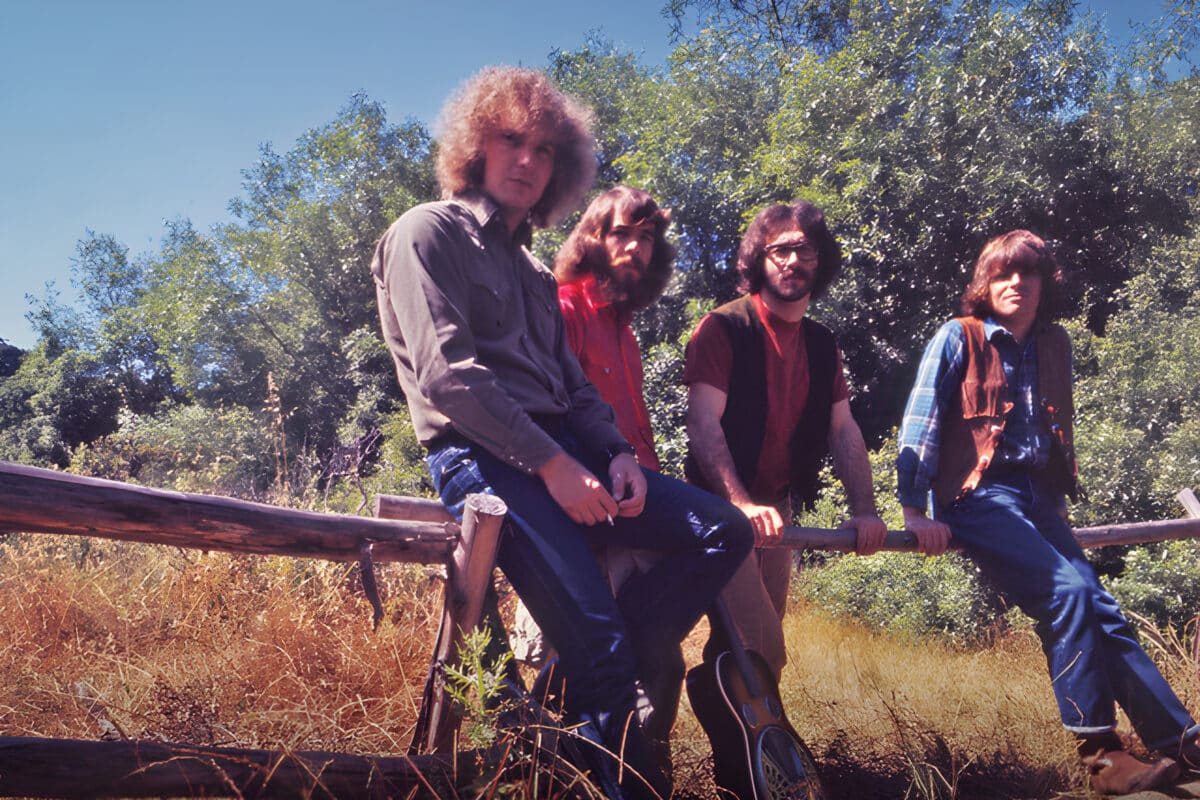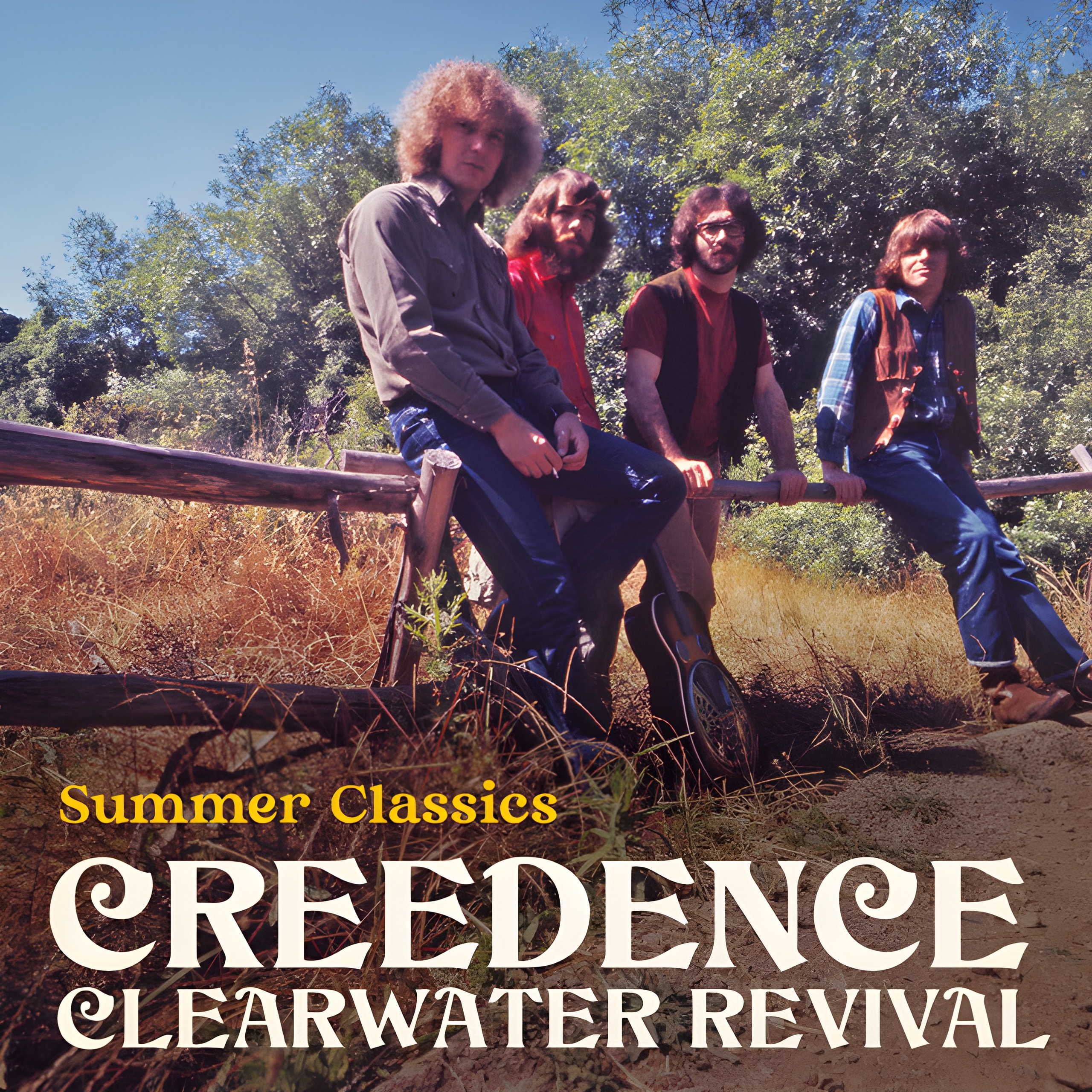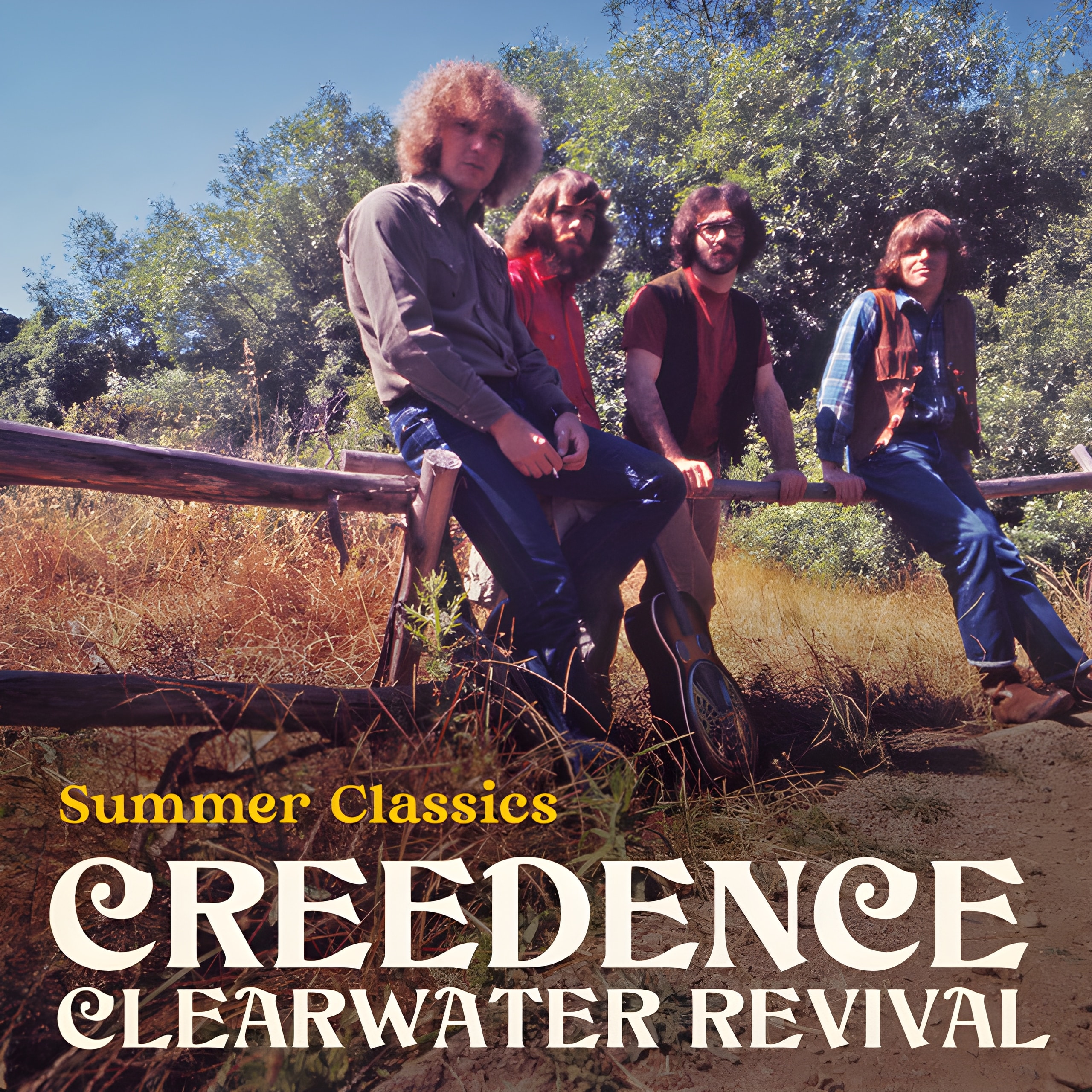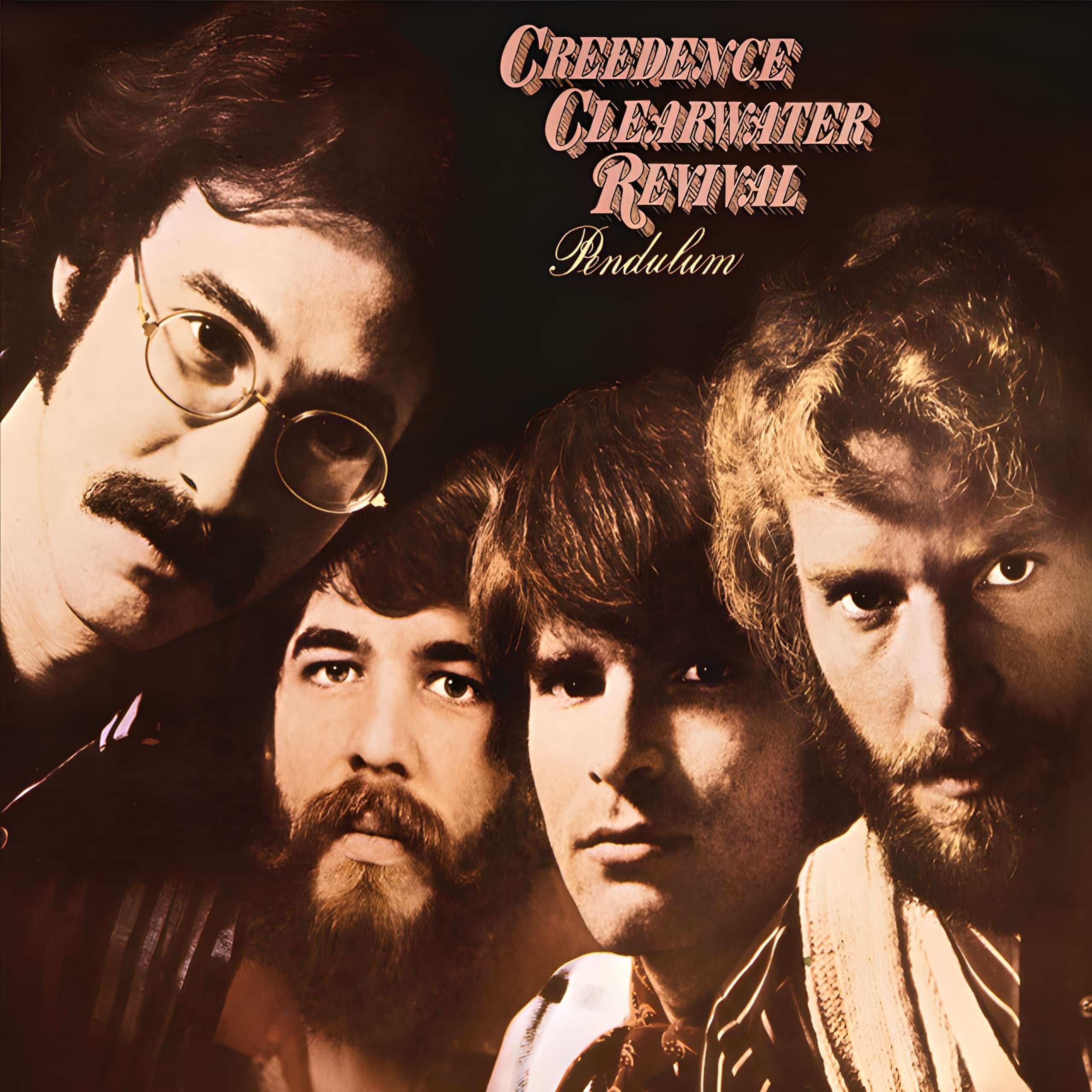Creedence Clearwater Revival’s “The Working Man” is a gritty tribute to the blue-collar life, embodying the relentless grind and unshakable spirit of those who toil day in, day out. It captures the essence of a life spent in labor, a narrative of hard work, personal sacrifice, and a no-nonsense attitude towards life’s challenges.
The song kicks off with a bang, telling us right away, “Well, I was born on a Sunday / On Thursday, I had me a job.” This line speaks volumes about the work ethic instilled from an incredibly young age – the kind that sees a mere child jumping into the workforce almost immediately after entering the world. “I ain’t never had no day off / Since I learned right from wrong,” reinforces this ethic, highlighting a life of continuous work without respite, driven by a strong moral compass.
The narrative takes a personal turn with the mention of familial conflict: “Said I was bad / I did something to her head… And papa threw me out, Oh, said I gotta earn my own way.” Here, the lyrics dive into the all-too-common story of young rebellion, resulting in the protagonist being kicked out and forced to fend for themselves. This moment is pivotal, marking the start of a self-reliant, hardworking life.
Asserting a clean record and a straightforward lifestyle, “I ain’t never been in trouble / I ain’t got the time,” the protagonist distances themselves from distractions and trouble, emphasizing the lack of time for anything beyond work. The magic mentioned isn’t literal sorcery but rather frivolities and shortcuts in life that some might be tempted by. Instead, the protagonist states, “What I got is mine,” a declaration of pride in earning one’s keep without relying on “magic.”
The final verses blend a sense of resignation with a plea, expressing a simple yet profound desire: to work until the very end, but with a specific request regarding their ultimate respite. “But don’t take me on Friday, Lord / ‘Cause that’s when I’ll get paid / Let me die on Saturday night / Oh, before Sunday gets my head.” It expresses wanting to enjoy the fruits of their labor, if only for a moment, before meeting their maker – a stark, raw encapsulation of the working man’s prayer.
Throughout “The Working Man,” Creedence Clearwater Revival paints a vivid picture of the blue-collar life that’s as real as it gets. The lyrics serve as a mirror reflecting the relentless drive, the struggles, and the simple yet profound pleasures and desires of the working class. It’s a testament to enduring through life’s hardships and finding pride and identity in one’s labor. The song resonates because it speaks truth – a powerful, gritty truth about the dignity of work and the unyielding spirit of the working man.








